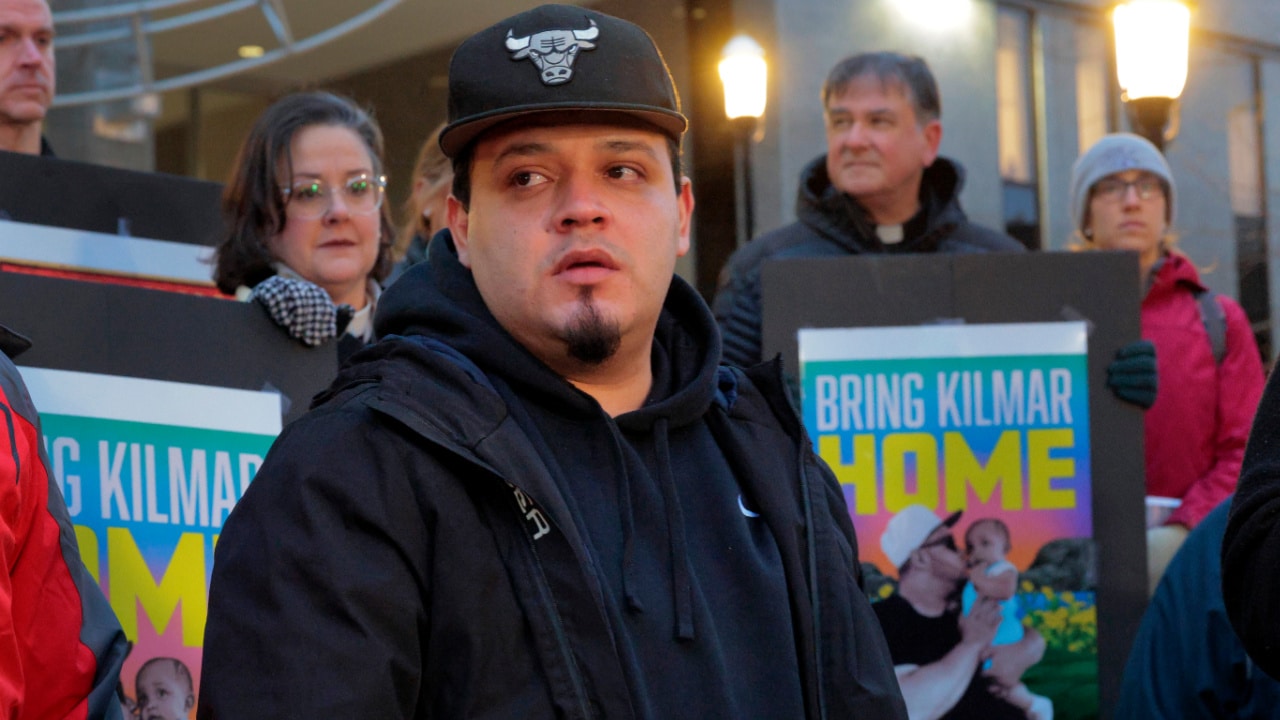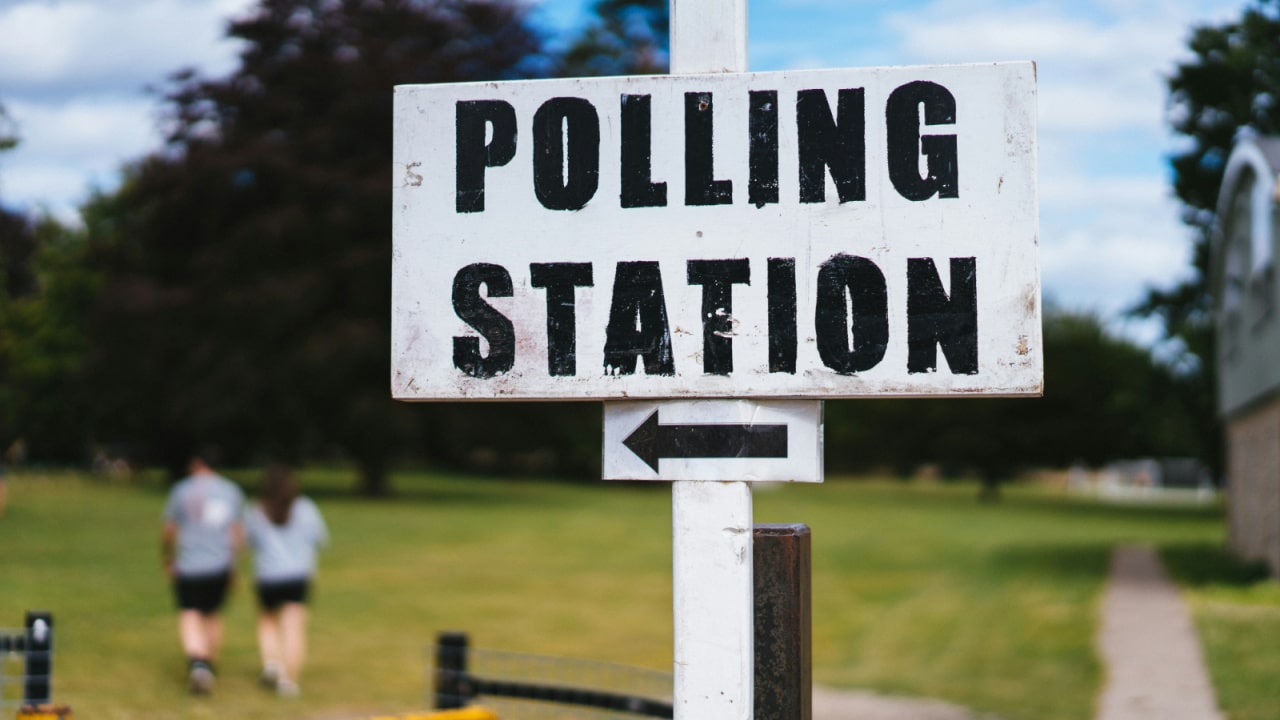Read an Excerpt From ‘Illegally Yours’ by Rafael Agustin: ‘The Search for Vivaporu’
The following is an excerpt from my new comedic, coming-of-age memoir, “Illegally Yours,” available everywhere books are sold. I hope you find this journey with my abuelita as relatable, as surprising and as comical as I did. Enjoy — and long live our Indigenous healing remedies!
One of the earliest memories I have of being sick involve my mom and grandma. I don’t remember what I was suffering from, but given that we lived in very hot Guayaquil, I’m sure it had something to do with some kind of tropical stomach virus. My mom, a young woman at the time still fighting her way through medical school, and my abuelita, a very traditional matriarch eager to pass down her longtime family healing remedies, were both ready to cure me.
My mom took my temperature, asked me to drink some warm water, and then gave me a pill to swallow that would make me feel better. Modern medicine fast at work. The story would have ended there, but my grandma then handed my mom a shiny small, round container. My mom smiled, and then took some of the concoction from inside it and gently spread it across my chest. For the life of me, I couldn’t figure out what it was—or how its powers worked. All I knew was that I immediately started to feel better. The Ecuadorian concoction took hold of my body completely. Its healing abilities were clearly taking effect. I don’t know why, but I started to feel more myself; I started to feel healed. The cool, homemade gel-like substance overtook my senses. For one perfect moment, my body was connected to the memories of my ancestors. More so than any medicine my mother could have given me, my grandma’s homemade remedy was the stuff of legend. Lacking any real strength, I asked my grandma: “What is that?” With all her years of wisdom behind her, she calmly replied: “It’s vivaporu.” She then added the magical Spanish rhyme that has healed all Latin American children throughout the centuries in the Western Hemisphere: “Sana sana, colita de rana.”
If you don’t speak Spanish, you should know that Sana sana, colita de rana literally translates to: Heal heal, frog ass. But things tend to get lost in translation. For people who speak Spanish, Sana sana, colita de rana is gospel. It has always been with us, and it has always helped heal us.
Whenever I got sick in the United States, I always wished I had some of Grandma’s vivaporu. What was in that sacred concoction? What was in that sacred word? I had never heard the word before my abuelita said it to me as I recovered that day: “vivaporu.” Maybe the word itself was Quechua. Quechua was the language spoken by the indigenous people of the Andes Mountains of South America. Quechua was also the official language of the Inca Empire. If you don’t think the Incas could have created a medical ointment that could cure the sick, then you know nothing about the Inca Empire. For starters, it was the largest empire the New World had ever seen. Whereas the Aztecs were known as the warriors and the Mayans as the philosophers, the Incas were known as the empire builders. Their reach and influence were vast and wide. A central government, a unified language, aqueducts, cooking raw seafood with lime (i.e. ceviche), all of this was first present in the Americas because of the Incas. The country of Ecuador was part of the Inca Empire. In fact, one of the last Inca emperors, Huayna Cápac, loved Ecuador so much that he asked for his body to be buried in Peru (the Inca capital), but for his heart to be buried in Ecuador (the Inca spiritual center).

Vivaporu. Why did I receive it only as a child and never again as an adult? I always felt the reason why I never received this Inca treatment past childhood was because we left Ecuador. I was being punished. This was my ancestors’ way of showing their disapproval of me abandoning South America. It was also because of my abuelita. I rarely had her by my side once I left Ecuador. And my mom and dad—a medical couple—could never find a sickness that a simple injection could not fix. I could never stay home sick from school because I could never lie to them about being sick in the first place, or because one stupid injection had me cured within the hour.
After many years of being away, I returned to Ecuador for the first time in a long time to visit my parents. I was eager to visit my grandma’s house. The house I was born in. It was exactly as I remembered it. Except that in my memories, the house was much larger. I felt like a giant walking through the hallways of my recollections. I walked into the old room my mom and I shared before she married my dad, when she was still a single mother, and suddenly I remembered my mom and grandma nursing me back to health. Excited, I turned to my grandma and said, “Can you take me to go get some vivaporu?” My abuelita smiled; she could not wait to take me on this journey. It was finally time.
My grandma eagerly started to get ready. For her, any excuse to leave the house was a good excuse. She was happy to be spending time with me, as was I with her. But if I could be completely honest, I was most excited—almost nervous—to finally be able to get my hands on vivaporu once again. I didn’t care how far we had to travel, or how much I had to spend. Today was going to be the day that I was reunited with our sacred medicine.
My grandma and I walked outside, but I was surprised to learn we weren’t hailing a cab. She said we could get vivaporu just down the street. I always figured that my abuelita made the ointment by hand at home, but it also made perfect sense that she had a shaman-type friend in the neighborhood. I’d heard about what the brujeria women in town would do to their men for cheating on them. Perhaps they were also responsible for the vivaporu.
My grandma led me inside a convenience store. I figured that she needed to restock her calcium pills before we went to her friend’s house. She walked down one of the small home-remedy aisles and waved me over. Curious, I approached and she handed me a small blue box. She was very pleased with herself. The small box contained an ointment bottle, which was the exact shape I remembered seeing in my memory as a sick little boy. I opened the box, pulled out the small round container, and read the label…
I almost dropped the bottle and shattered the magical ointment everywhere. In the movie version of my life, that’s exactly what would’ve happened. It’s that moment in the film when you figure out who Keyser Söze is; when you suddenly realize Borat was sent to America to spread the coronavirus unsuspectingly. My whole world stopped as I read the label and realized for the first time that vivaporu was really: Vicks VapoRub.
That’s right. Vicks mothafckin’ VapoRub! That was the indigenous healing ointment from my childhood. I had been longing for this corporate healing potion for nearly two decades, and it was the same Vicks VapoRub I had down the street from my house all along. I never hated my people’s lack of enunciation more so than that very moment. It also dawned at me at this time that the Russian cologne “Mikhail Hordan,” which my Ecuadorian cousin was proudly wearing, was really: Michael Jordan.




